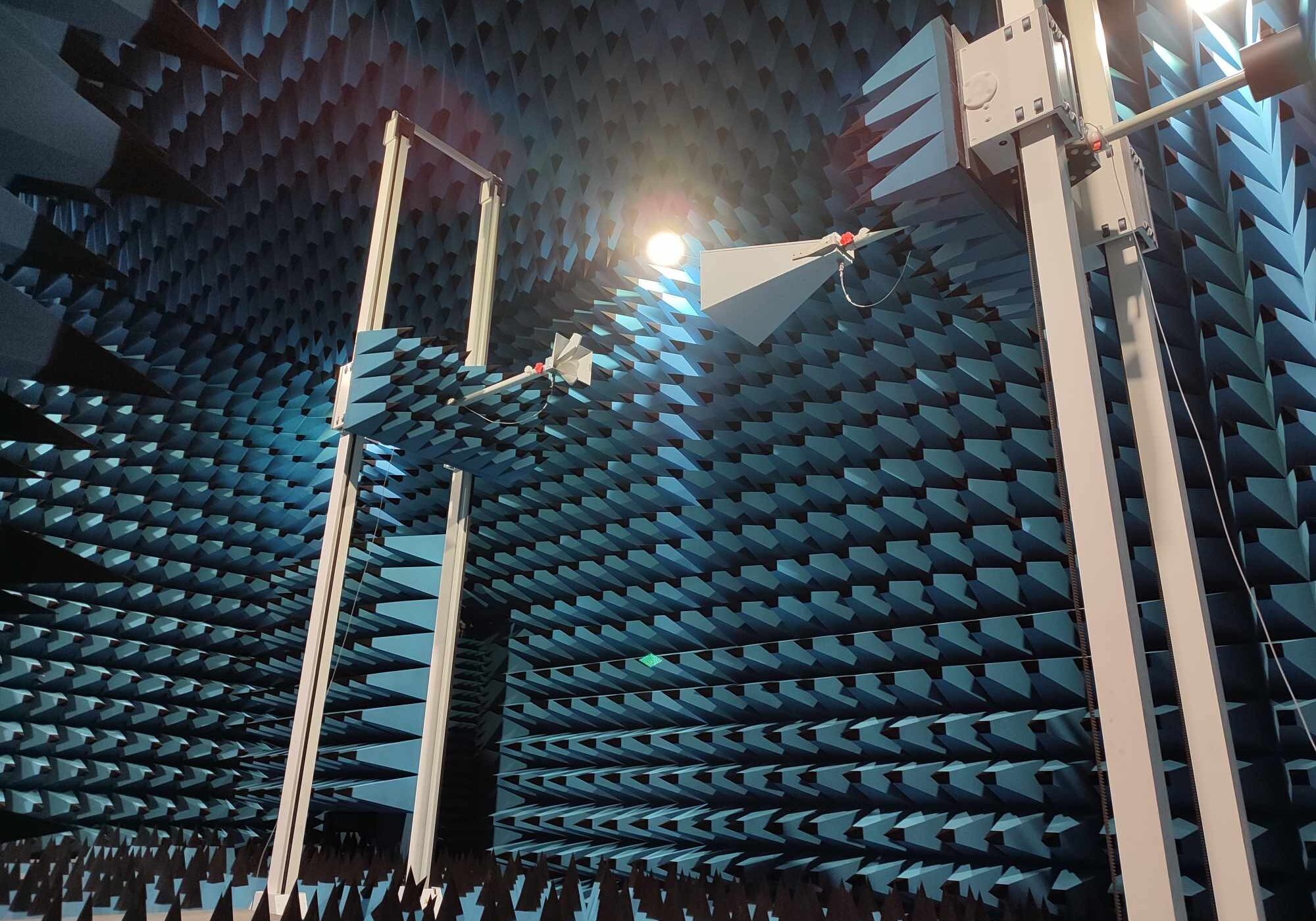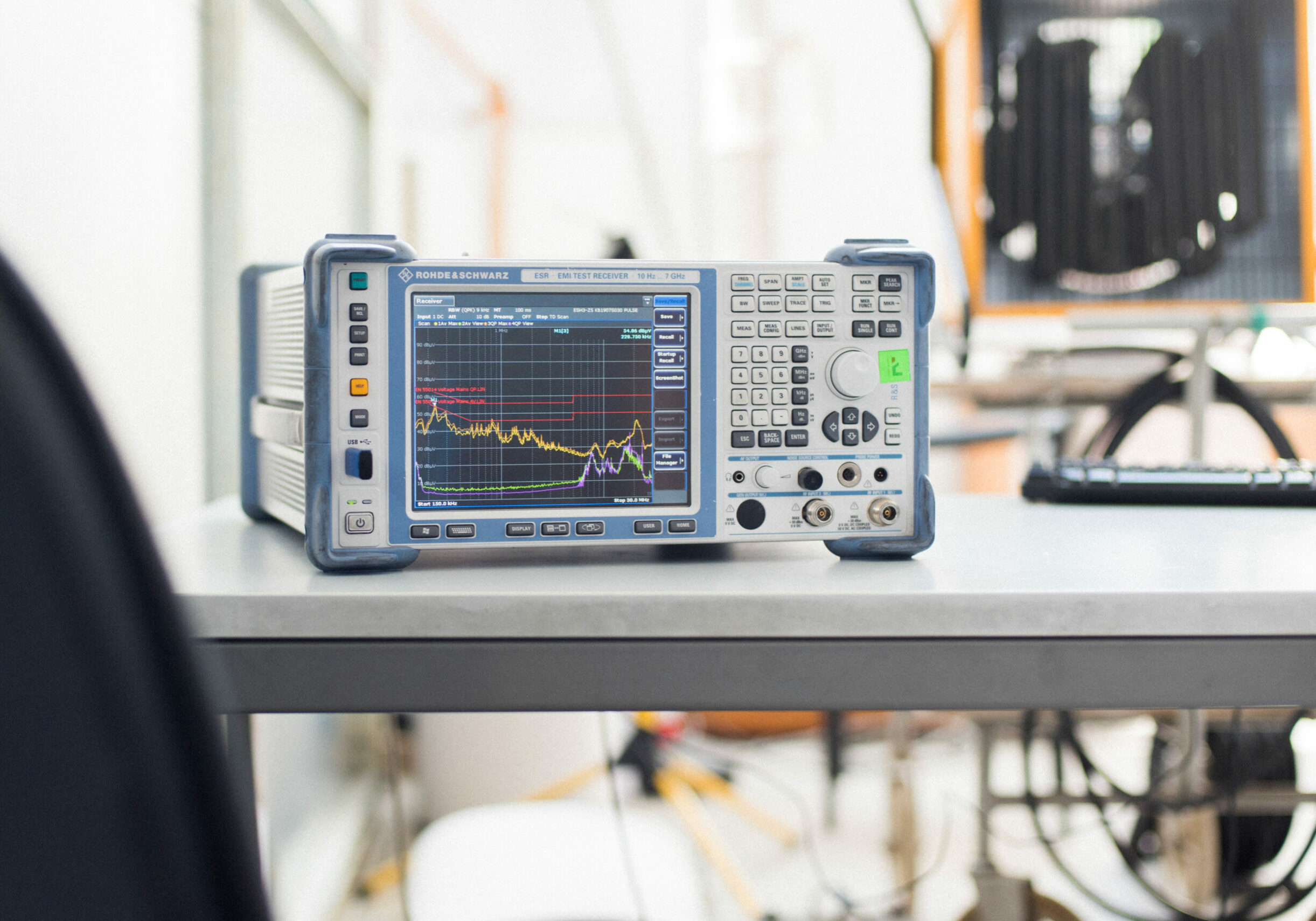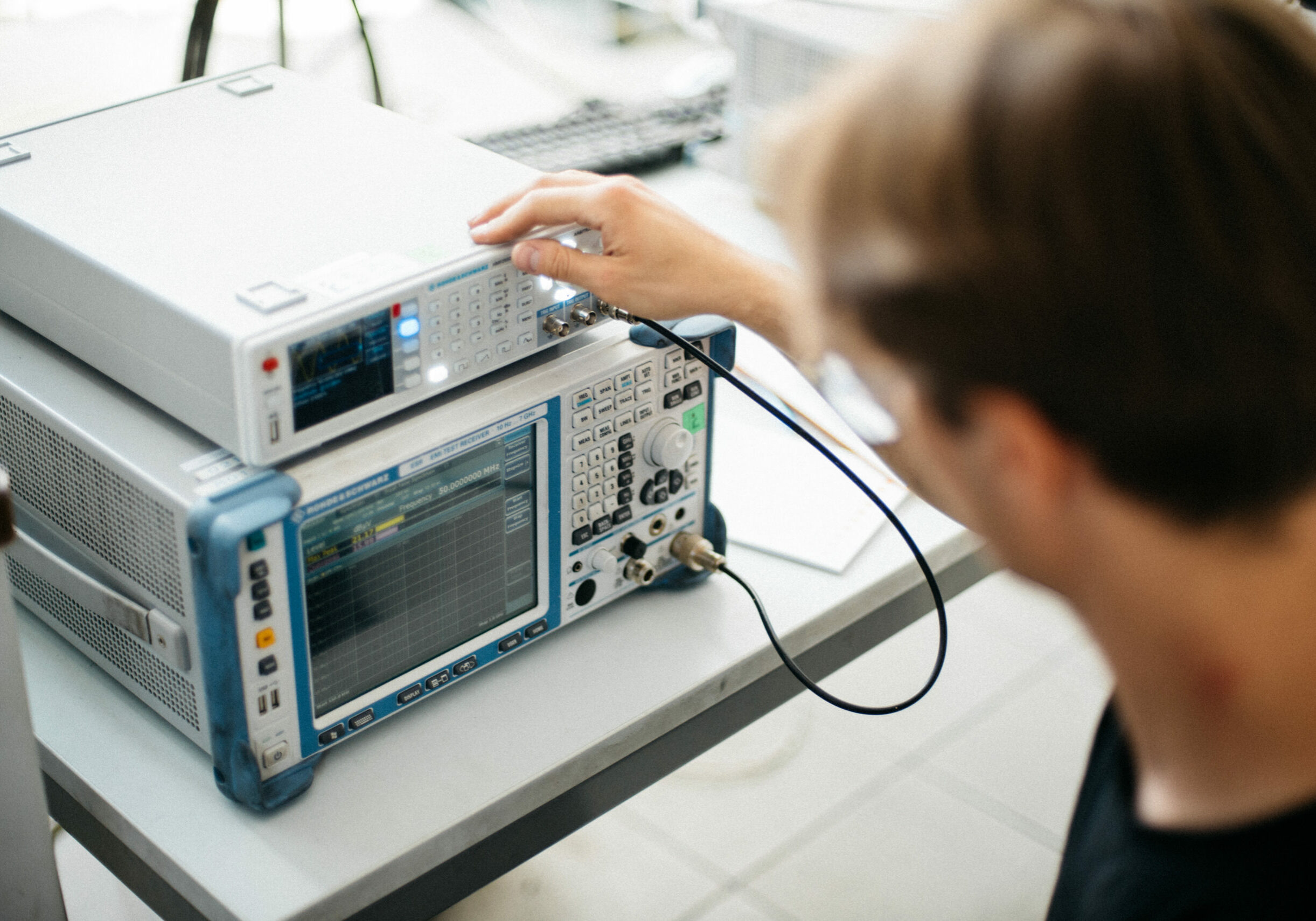Measurement traceability
The key objective of each calibration process is to ensure the traceability of data measurements made by specific instruments to suitable reference standards. Measurement traceability is a feature of a measurement or a measurement standard unit, allowing to establish a clear connection to specific references, typically national or international measurement standards, through an unbroken chain of comparisons, all having stated uncertainties.


The ISO 17025 standard requires that consistency of measurement results be established and maintained. One of the best and simplest ways to achieve this objective is have measurement instruments calibrated, in accredited laboratories, at suitable intervals. Without periodic verification of the devices’ parameters, there is no certainty that they continue to function correctly.
Maintaining measurement consistency is a prerequisite allowing different institutions to compare the results obtained. Therefore, such consistency is of crucial significance for laboratories, industrial facilities, research and scientific institutions, as well as state administration bodies performing measurements or conducting technical analyses. Calibration certificates issued by accredited laboratories confirm that measurement traceability of the calibrated equipment is maintained.

